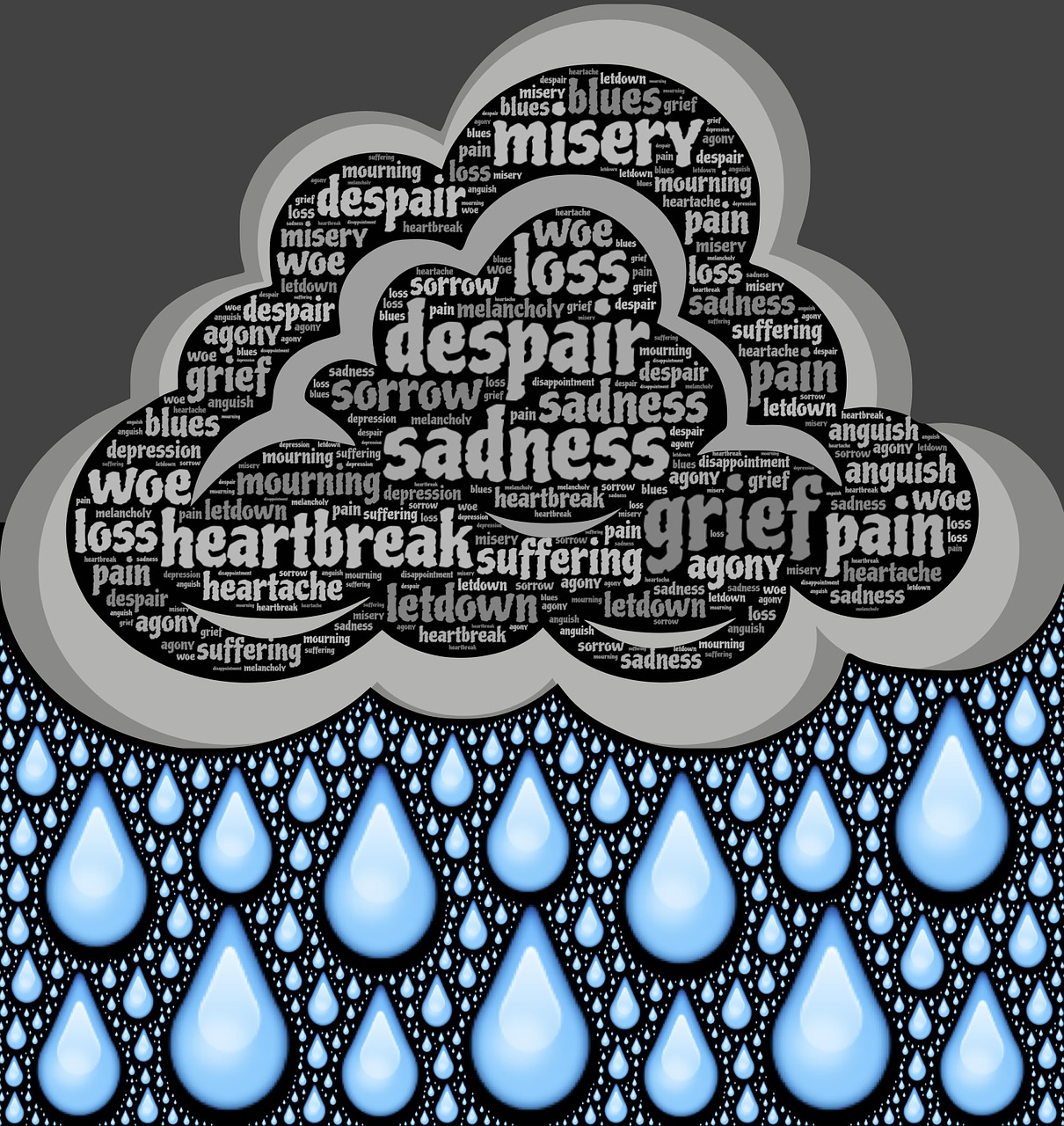
When to Seek Help For Grief
Grief is a normal part of losing someone you love. While you never get over the loss, the all-encompassing pain of grief typically lessens with time. But sometimes, that intense grief can consume you and fails to subside even over months and years. Bereavement services in San Mateo and elsewhere can prove to be an enormous help, which can include anything from grief counseling and support groups to workshops and memorials. The key is to talk to someone about what you’re feeling.
Here are some signs that it’s time to seek grief counseling. Are you suffering from the following?
- Suicidal thoughts
- Deep, long-lasting depression
- Uncontrollable crying
- Loss of appetite
- Difficulty sleeping
- Panic attacks
- Feelings of meaningless and hopelessness
- Difficulty getting through daily tasks
- Increased irritability
- Addictive behaviors
- Lack of self-care
- Disbelief that your loved one is dead
- Persistent grief
- Frequent nightmares
- Intrusive thoughts
- Lack of motivation
Again, these are all common at the beginning. If these symptoms are not easing with time, seek help. Other signs that you need grief counseling include repeatedly going to familiar places hoping to relive times with your loved one, or the opposite: avoiding people or places that remind you of your loved one. You may feel a loss of your own identity, especially if you have suffered multiple losses in a short span of time. Another red flag is withdrawal from all social situations. Perhaps your friends and family members are expressing concern for you. They may be urging you to get help. They may see you crumbling under the weight of your grief and don’t know how to help.
It’s common to withdraw from your close circle of friends and family when going through a grief they don’t understand. According to Psychology Today, our support systems are often very involved and attentive in the beginning but get weary talking about the loss as time goes by. As a result, the bereaved begins to shut down and feel more isolated. You may feel like nobody really gets what you’re going through. Having the right social support is key in coping with loss. Often times, we can get more comfort from strangers in support groups who know exactly what we’re feeling than our closest friends who just don’t.
Seeing a therapist on a regular basis can also be a relief because you can talk about your feelings for an hour uninterrupted, something your friends and family may be getting tired of as the months and years drag on. In addition, you can talk about things with your therapist that you don’t want anyone else to know, without fear of being judged. A professional not only listens but gives you practical, proven advice on how to get to the other side of the wall you’re up against.
More Signs
From numbness to loss of enjoyment to fear of forming new relationships, there are many other signs that you should seek grief counseling:
- Numbness to Emotion: While feeling sad, confused or even happy is acceptable during mourning, it’s when you become completely devoid of emotion that you should be concerned for your mental health.
- Avoiding Time with Family and Friends: Yes, you need space and time to be alone with your grief. However, spending time with family and friends is also an important part of recovery, so if you find yourself avoiding social interaction, seek help.
- Loss of Enjoyment: Life doesn’t halt in the face of grief. Life moves on, you are still you, you still have goals, interests, plans and a future to think about. Is your grief preventing you from pursuing activities you used to love? Is it keeping you from trying new opportunities?
- Fear of Forming Relationships: It’s OK to feel apprehensive at first of forming new relationships, especially when it’s a spouse you have lost. However, in order to move forward and continue growing, you have to forge new friendships and make new connections.
- Thoughts of Harming Yourself: Don’t ignore these feelings. This is a serious indicator that you need to reach out for professional help.
- Inability to Engage in Normal Activities: Have you lost interest in the most basic of daily tasks, such as eating, sleeping, going to work or school, or cooking for yourself and your family?
- Sudden Changes in Behavior: Are you suddenly quick to temper? Are you engaging in risky behaviors, such as excessive drinking or drug use?
- Inability to Move On: Grief is all-consuming in the beginning. But if you are still finding yourself unable to move on from the loss several months later, you may need a bit of help getting unstuck.
There is no shame in asking for help. Pick up the phone, call a friend, ask for recommendations for a therapist, join a support group: whatever you do, just get help.
Contact Pathways Home Health and Hospice
We offer comprehensive bereavement services to help you through this time, such as grief counseling, support groups, memorial services, and workshops that involve anything from journal writing to meditating to putting together a memorial garden. Contact us today at 888-978-1306 for help.

